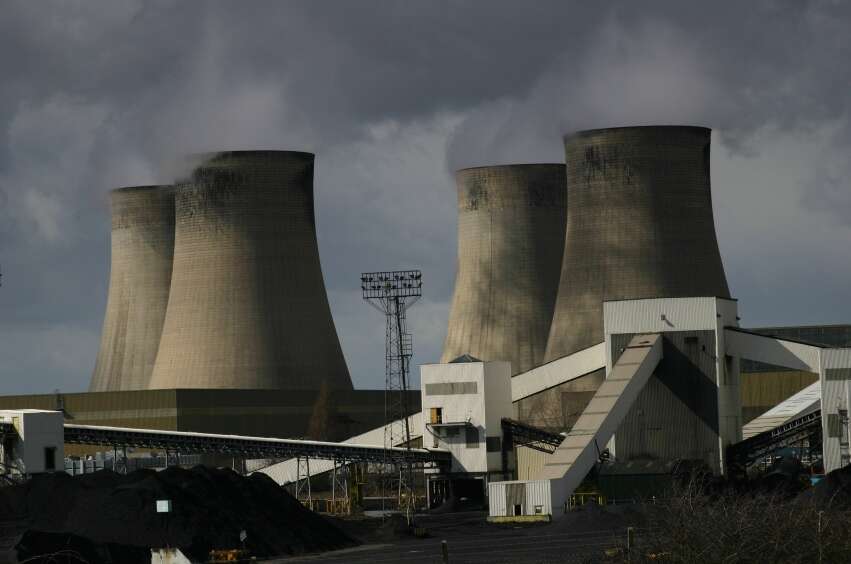Using electricity generated by offshore wind turbines as one pathway to split water to produce clean hydrogen may make economic sense, particularly along the U.S. Atlantic Coast and in the Gulf of Mexico, according to researchers at the National Renewable Energy Laboratory (NREL). The economics work best in regions where the water is not as deep and the wind is strong, according to their …



The problem is density - for example: Storing natural gas, pressurized in quantities big enough for automotive applications is difficult, and for large scale industrial applications its stored liquified in -160°C
Hydrogen has boiling temp of -250°C and in the room temp its density is 8x lower!!! Worse, it’s specific heat is significantly lower so it boils much faster!
Both liquification and compression aren’t economically feasible. Not only that but hydrogen penetrates almost everything. Not only you have to deal with constant leackage, but many materials become brittle after long exposure.
Even if you could compress it to the point of usable energy density, it would be horribly dangerous and horribly difficult to refuel. We’re talking hundreds of bars of pressure - it’s like sitting on a bomb - I’d rather have 500kg lithium battery under me, than 300+ bar carbon fiber hydrogen tank.
There’s basically no leakage in a type IV pressure tank. People have repeatedly tested them and found negligible escaped hydrogen.
You are far safer in a hydrogen car than a gasoline car. Hydrogen floats away rather than pools underneath the car. No one has ever died in a hydrogen car fire.
A battery has far more thermal energy than a comparable hydrogen tank. In fact, there have been BEV explosions and fires, and many people have died. All evidence suggest that this is a greater than danger than comparable risk of hydrogen fires.
There are almost no hydrogen cars, so it doesn’t surprise me.
Even assuming that safety is a non-issue, and leakage is non existent, you still have to build an anormously expensive infrastructure for filling 700bar tanks. And compressing that much hydrogen is requiring a considerable amount of energy in the first place. Meanwhile backbone infrastructure for charging batteries mostly exists and requires only minor-to-moderate expansion for battery powered cars
It would probably still suck if that happened in the tunnel or underground garage where it doesn’t disperse fast enough.
There are tens of thousands of FCEVs out there. It’s enough to know it is safe.
BEV charging infrastructure is repeatedly brought up as the major sticking point. BEV fans have handwaved away the real challenges to their own detriment.
A very rare scenario. You would need a large quantity of hydrogen leaked in a short period of time for this to be an issue. In reality, this is highly unlikely and should not be something we worry about. Meanwhile, thousands of people die in gasoline fires all the time.
deleted by creator